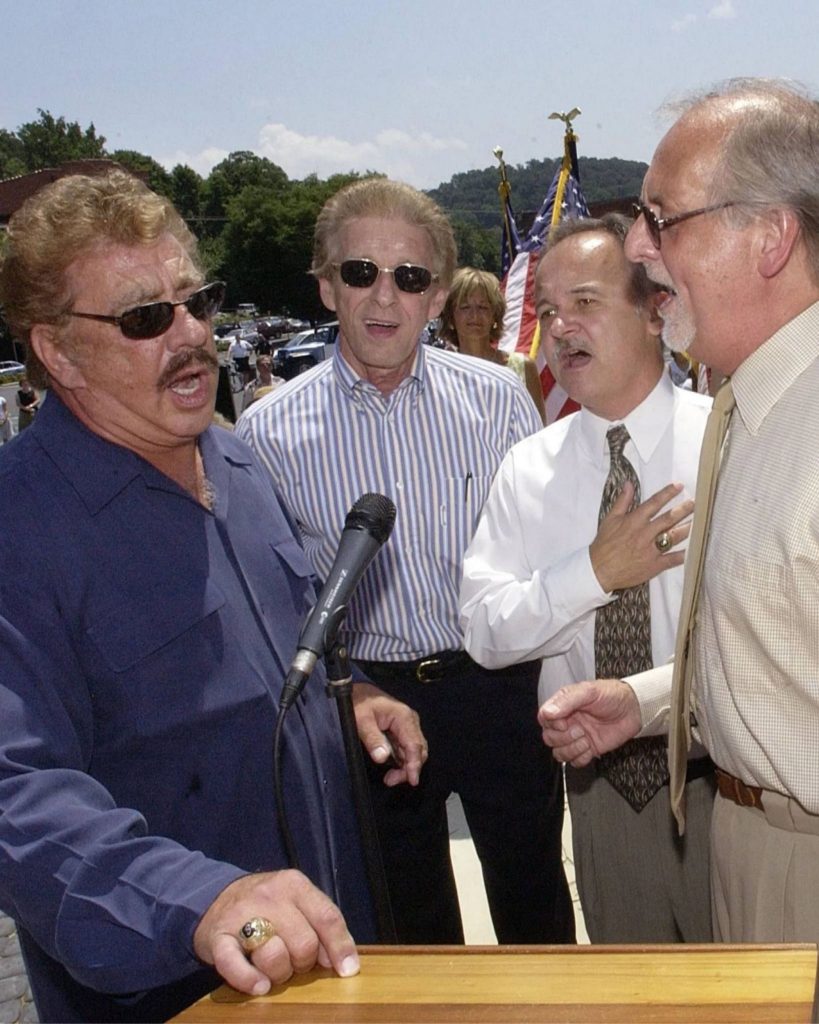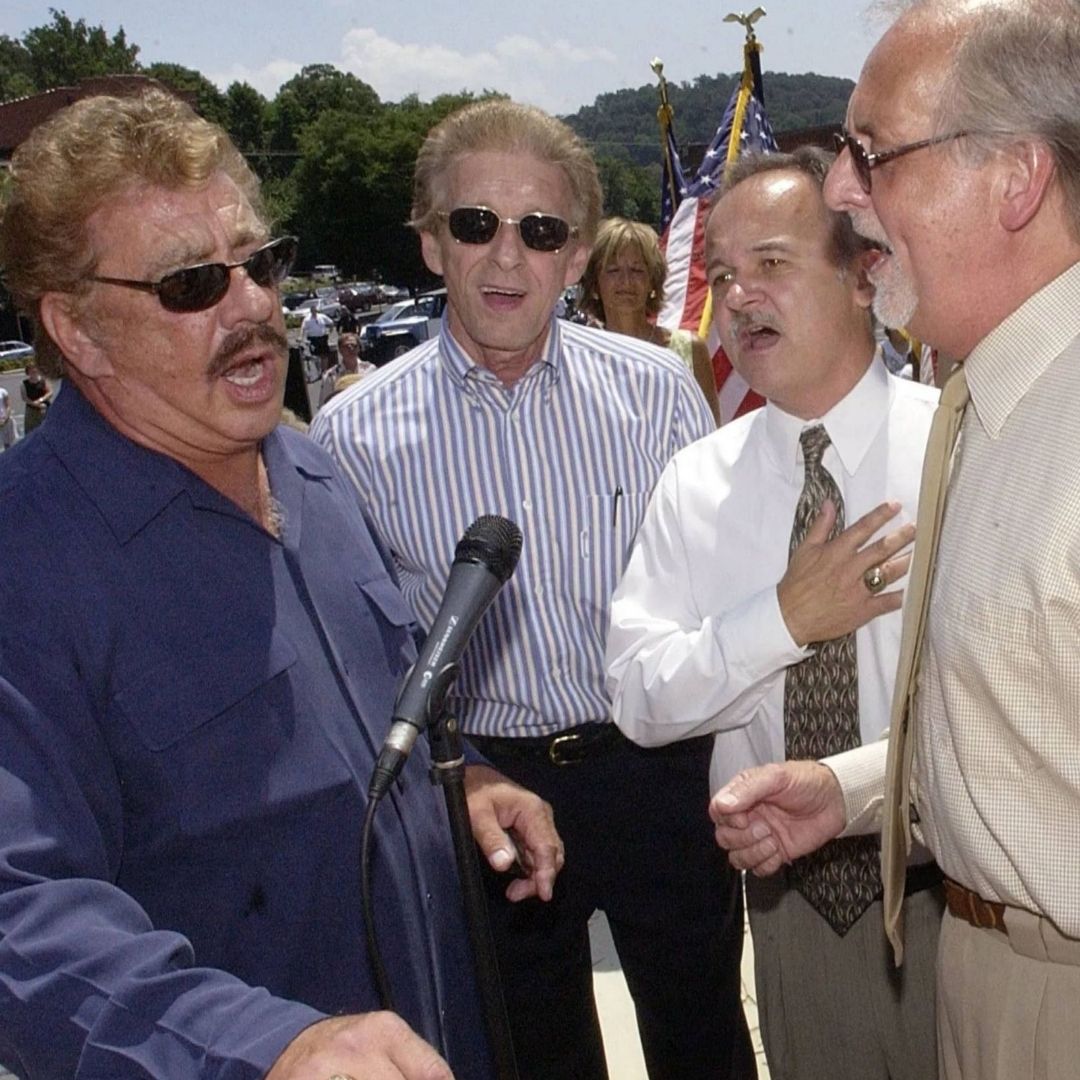
There’s something timeless about a song like “I’ll Fly Away.” It’s one of those melodies that feels like it was written on the winds of heaven itself, designed to carry your soul to a place of peace and hope. Written in 1929 by Albert E. Brumley, this hymn has become one of the most recorded gospel songs of all time, a staple in churches, revivals, and even bluegrass festivals. It’s the kind of tune that settles deep into your heart, giving comfort even in the toughest of moments.
What makes “I’ll Fly Away” so special is its simple yet profound message. It’s about freedom—freedom from pain, sorrow, and the burdens of life. With its uplifting lyrics and joyful rhythm, the song paints a picture of a day when we’ll all leave behind the struggles of this world and find rest in a better place. It’s not just a song about faith; it’s a celebration of life and the hope that sustains us.
For many, this hymn isn’t just music; it’s a memory. Maybe it’s the sound of your grandmother’s voice, singing it softly while she cooked. Or perhaps it’s the chorus that echoed through the small-town church you grew up in. Wherever you first heard it, “I’ll Fly Away” has a way of staying with you, a gentle reminder that brighter days are always ahead.
Through the years, the song has transcended its gospel roots, becoming a beloved piece in genres like folk, country, and bluegrass. Artists like Alison Krauss, Johnny Cash, and Alan Jackson have all lent their voices to this classic, breathing new life into its timeless message. Each rendition carries its own flavor, but the heart of the song—the promise of peace and freedom—remains constant.
Listening to “I’ll Fly Away” is like wrapping yourself in a warm blanket on a cold day. It’s a musical reminder that no matter how heavy life may feel, there’s a lightness waiting for us—a day when we’ll fly away, free and full of joy
Video
